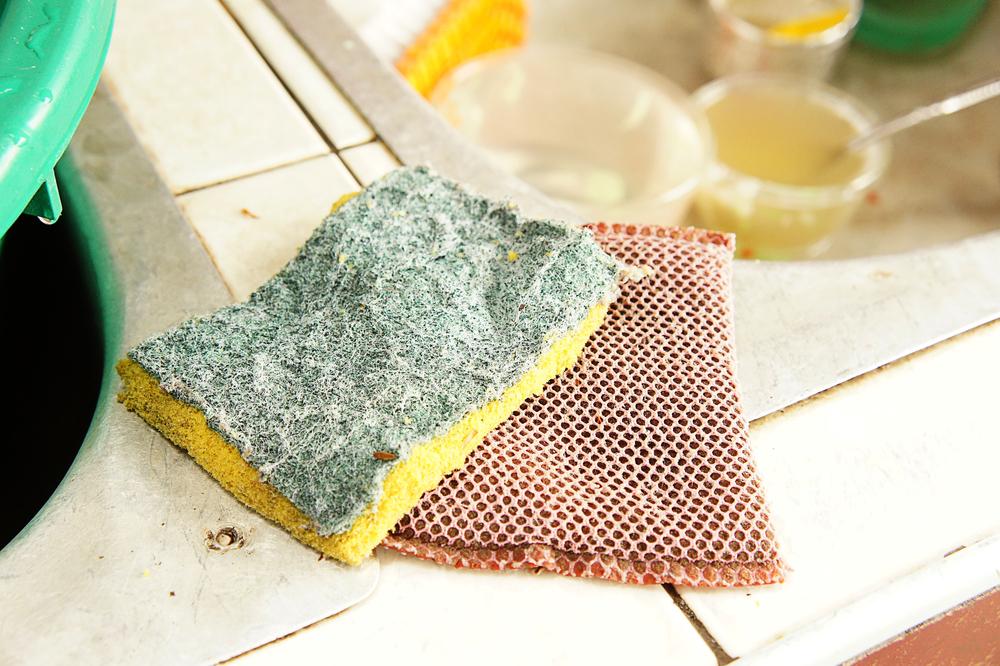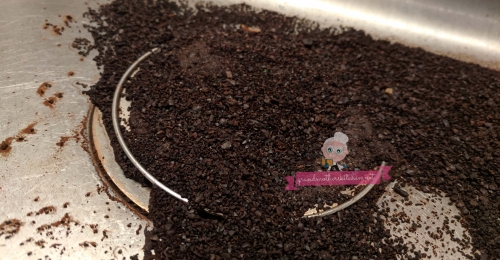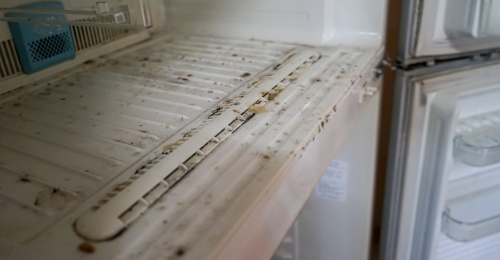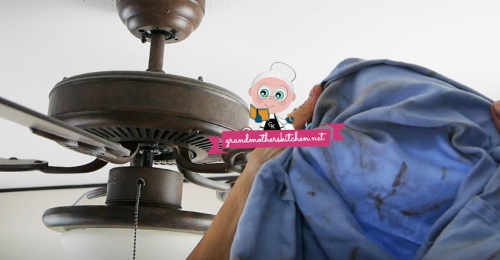How To Clean a Gross Dish Sponge
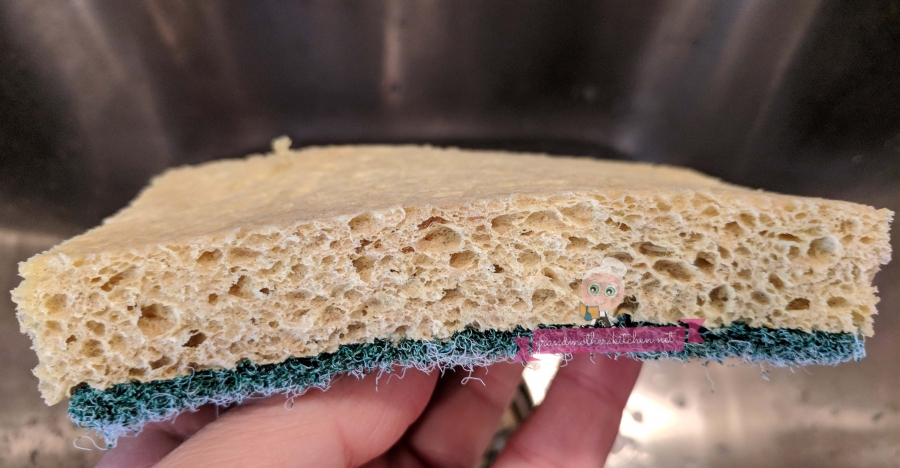
About this Recipe
All dish sponges tend to have a nasty odour after they've been used for a while. It's an unmistakable odour of mildew and an accumulation of the food particles that have collected on the sponge. It can even happen shortly after you start using one of these dish sponges too if you've had an especially messy pan to clean up. What happens is, the food particles that are collected on the sponge are the perfect food for bacteria, and as the food and oils break down on the sponge it gets that funky smell.
The moisture on the sponge also provides the perfect breeding ground for mould and mildew as well as bacteria since they all thrive in moist environments. Besides the odour, it's also concerning that you're spreading any bacteria around by reusing a dirty sponge. It's hard to justify throwing away a perfectly good sponge just because it smells though. So we've found some other options that can help to clean your dish sponge and also kill the bacteria on it so you can use it for longer. Not only does this save you money, but it also helps out the environment since those dish sponges take a long time to decompose and not just a few years either, we're talking thousands of years.
All you need to do to keep your dish sponge around longer is follow some easy cleaning tips that use natural cleaners. Sure, you could just put some bleach on your sponge and call it a day, but bleach is pretty toxic for the environment and your household as well. There are plenty of natural cleaners you can use to get rid of germs and dirt that work just as well as the chemical cleaners. One of the easiest cleaning tips you can try out is to just pop your dish sponge in the dishwasher on a regular cycle on one of the racks in your dishwasher.
Just let it run through the cycle with your regular dishes and items with the regular dishwasher detergent you use. When the cycle is finished, your dish sponge will come out clean, odour-free and bacteria free. Thanks to the hot water and steam in the dishwasher, all of the bacteria, mould and mildew will be killed since these organisms cannot live in high temperatures. You can also put the dish sponge in a bowl or on a plate and then squeeze some lemon juice on it and then put it in the microwave for 10 seconds. Lemon juice is a great natural cleaner that helps to kill bacteria with its powerful acids. Then, of course, the high heat from the microwave also kills the bacteria as well so if you don't have a dishwasher that's another cleaning tip to sanitize your dish sponge.
If you don't have a dishwasher or a microwave, you could also boil your dish sponge in boiling water with lemon juice or lemon essential oils added into the water. You don't need much of the lemon essential oil since it's very powerful and a concentrated version of lemons. Just add about 2 or 3 drops of lemon essential oil to the boiling water and put the dish sponge in the water and allow it to boil for at least one minute or so keeping an eye on it. Use tongs to safely put the dish sponge into the water and to remove it when it's finished boiling.
The hot water and the lemon essential oil will kill bacteria just like the lemon juice does, and just like the dishwasher does. When you remove your sponge from the boiling water, put it on a plate to let it cool off and then once it's cool enough you can squeeze out the excess water and then allow it to dry in an open space.
